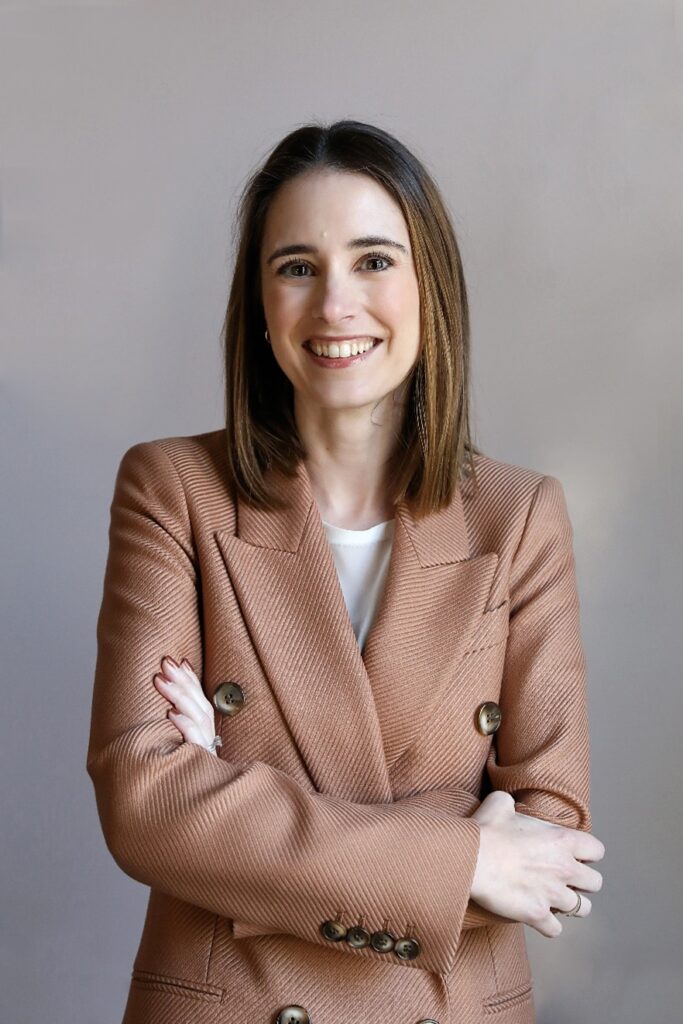Interview with Rachel Aries: coaching can benefit anyone who is looking to make a change
To hear about her experience as a coach and HR Consultant, we sat down with Rachel Aries who’s worked for many large businesses as a trusted advisor to senior leaders.
Rachel’s spent over 15 years observing people interact at work and strongly believes there’s room for improvement in all our working lives. She’s interested in what brings us meaning and the role that work can play in connecting us to our purpose.
We couldn’t wait to find out more about what drives her to support people and navigate their personal and professional challenges.
Can you tell us about your role as a coach and HR Consultant?
I’m an independent HR consultant and a leadership and career coach. My clients include professionals in established and start-up businesses, as well as private individuals. I also have a part-time role in talent management for a large company.

“I work with founders to build their businesses and help individuals overcome challenges through coaching.”
This brings lots of variety to my week and allows me to spend my working time doing things that matter to me. These include developing diverse talent, working with founders to build their businesses and helping individuals overcome challenges through coaching.
What has been your career journey so far? How did you become a coach?
I started my career in HR, working in London and Sydney in various HR roles for large organisations, mostly in business partnering and people transformation. I found my HR roles were most meaningful and enjoyable when I was working with business leaders as a trusted advisor, helping to define and resolve problems.
“Acting as a supportive and collaborative sounding board, I was helping people to get clarity on both problems and solutions.”
Increasingly I noticed that allowing time and space for people to work through challenges themselves – without instantly stepping in to offer solutions – led to clearer thinking and better long-term outcomes. Acting as a supportive and collaborative sounding board, I was helping people to get clarity on both problems and solutions. This, essentially, is coaching.
I decided I wanted to spend more time coaching, so I completed a Diploma in Transformational Coaching with Animas. As part of the training I had to coach a number of people which really helped me to gain confidence and hone my skills.
What does your day-to-day entail as a coach?
The best parts of my day are always the coaching sessions themselves which usually happen virtually but can be face-to-face depending on my clients’ preferences. Spending dedicated, uninterrupted time with someone and watching them gain new insight to leave the session with clear direction is very rewarding.
“We all want to see improvements in working life.”
Other activities during the day can include meeting potential clients, connecting with other coaches and learning through webinars, coach training and supervision.
Who do you coach? And how does coaching benefit them?
Given my HR background, most of the people I coach come to me with challenges about work. Whilst my clients can be quite varied, one thing tends to unite them – and me. We all want to see improvements in working life.
I often work with people at career crossroads who are perhaps feeling a bit stuck or jaded and considering their next career move. We might explore purpose, values and the meaning of work for them. This can provide a clearer future direction and more confidence around decision-making on future roles.
“I coach founders and leaders who deal with complex challenges on a daily basis.”
I work with aspiring leaders who are keen to make the most of new opportunities, getting to grips with new challenges. We think through how they can maximise their impact as they develop.
I coach founders and leaders who deal with complex challenges on a daily basis. Coaching offers structured and supportive thinking time for them to simplify and resolve those critical issues.
Coaching can benefit anyone who is looking to make a change. And because work can’t always be separated from the other parts of life, we often take a wide view and explore many different aspects of life as a whole.
“I find coaching very rewarding as it aligns with my core values of connection, collaboration and curiosity.”
How does coaching benefit you personally and in your career?
I use coaching skills all the time both in my work and at home. Bringing curiosity to a conversation and learning to listen have transformed my interactions with others, both with colleagues and friends, and with family.
I find coaching very rewarding as it aligns with my core values of connection, collaboration and curiosity. I learn so much from my clients. There is always something new.
Why do businesses need coaches? What advice would you give them?
Coaching is a powerful development tool that is effective at building and retaining talent. It can help people to maximise their impact and motivation.
“If you are interested in being coached, find a coach you can feel comfortable around.”
Offering coaching to people at critical career transitions can be really beneficial, for example newly promoted leaders, those going on and returning from parental leave, and those starting out in a new role.
What’s your advice to people who are considering coaching?
Coaches don’t like to give advice, but I’ll give it a go!
If you are interested in being coached, find a coach you can feel comfortable around as trust and openness are the foundations of a positive coaching relationship. I try to be straightforward and open, and I love to use a little humour in the coaching space.
“If you are interested in becoming a coach, get clear about why.”
I don’t often use very structured tools and models but there are plenty of coaches who do that brilliantly, so find someone that aligns with your preferences. Most coaches, including me, will offer an introduction chat or a coaching session without charge or obligation which can be a great way to explore.
If you are interested in becoming a coach, get clear about why. Think about who you’d like to support and the impact you want to have. Get good at listening and learn to silence the need to give advice!
I’d recommend doing formal coach training. I learned so much from it and there’s an instant network of coaches for support and encouragement. I still regularly share ideas and learn with my training cohort. Learning from coaching never stops.
If you want to know more, contact me on LinkedIn or via my website.



